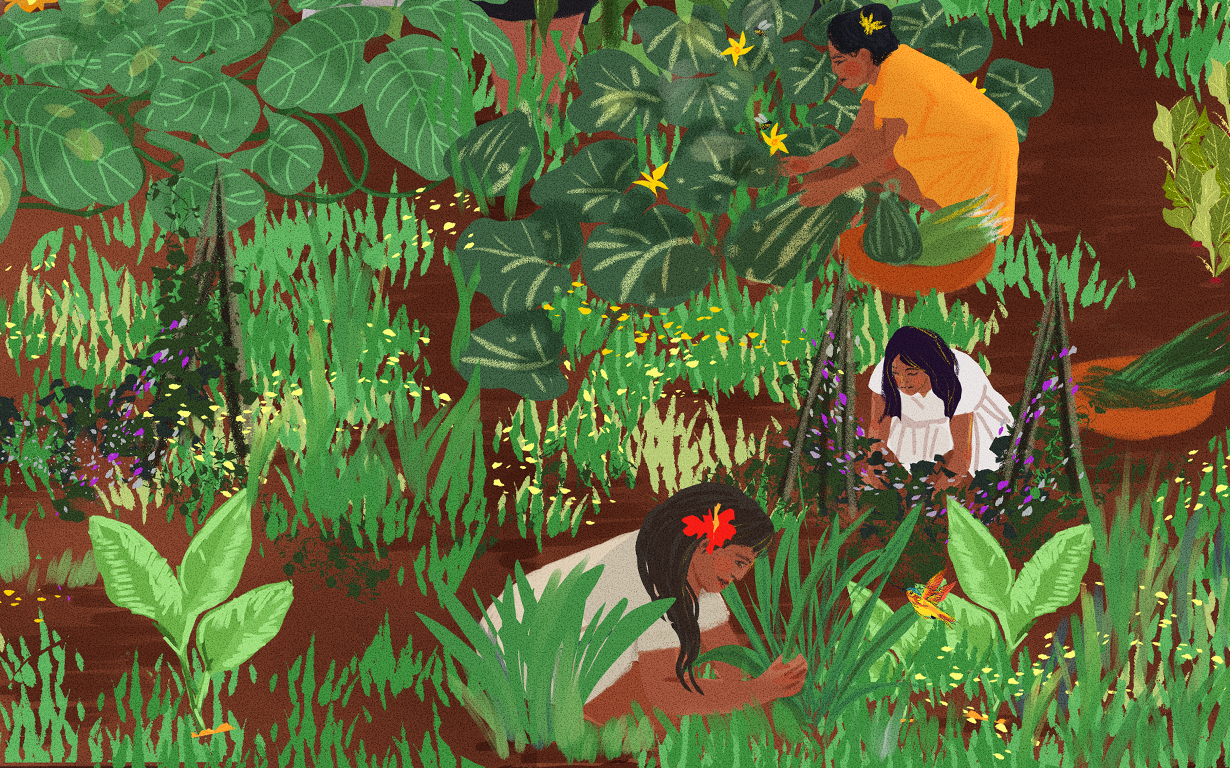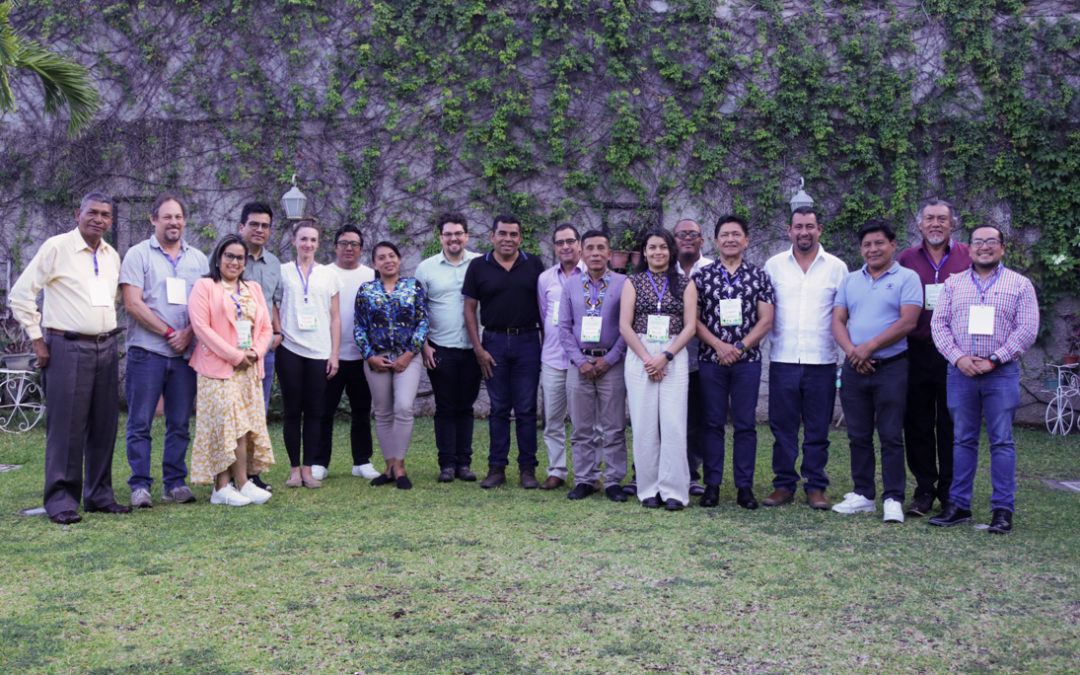With the aim of being part of the paradigm shift in food production on a global scale, Heylin Sánchez, a Bribri woman from the Kábata Könana Women’s Association, participated in the work laboratory “Exponential action: expansion of regenerative approaches through local-based implementation.
Sitting at a round table, indigenous leaders and representatives of organizations with a track record in growing organic, regenerative and sustainable food around the world presented their experiences; to verify that there are solutions to produce food while regenerating ecosystems. The examples were conclusive to prove that this transition is possible, from the desert of Egypt to the jungles of Indonesia.
This laboratory is part of the urgent and necessary transition initiative towards fair and sustainable food systems led by REGEN 10, WWF and FAO to transform land use and meet the objectives of the Paris Agreement. The expected results are:
Closing the “triple gap”, that is, producing enough healthy food for a growing population on the same amount of farmland available today, while reducing greenhouse gas emissions.
Protect, restore and manage all working lands, with a particular emphasis on stopping commodity-driven deforestation and securing land rights for Indigenous Peoples.
Halve food loss and waste, equitably shift diets towards more localized, diversified and nutritious foods, and promote diverse, healthy and sustainable sources of protein.
Such a transformation could achieve mitigation rates of 10GT CO2eq/year, making land use carbon neutral by 2030 and a net carbon sink of 10GT CO2eq by 2050, with vital benefits for biodiversity and livelihoods.
We do not need to look for more solutions, the solutions are here. We need to unlock the system.
Joao Campari – WWF, Global Food Practice Leader
How to achieve it?
Some of the recommendations of the local actors during the dialogue were:
- Work with the producers, starting from their knowledge, not telling them what to do.
- Guarantee financial and technical support for producers during the transition period.
- Think about all the details of the process (from seeds, to storage, to market).
- To prevent the rise in sales costs (organic products tend to be more expensive), it is recommended to study options to compensate with other complementary income (for example, mixing a regenerative agriculture project with ecological tourism or carbon markets).
- Make carbon markets accessible to communities that protect forests.
First we need to make sure that land rights are respected. Also, direct financing, for this we have created a financing mechanism called Shandia, as a direct financing proposal for local organizations in the 24 countries of the Global Alliance.
Juan Carlos Jintiach – Executive Secretary, Global Alliance of Territorial Communities
Cultivating our identity from the land
Thanking her grandmothers and grandfathers for the sacred relationship with Mother Earth that she learned from them, Heylin Sánchez began her intervention to present the traditional Bribri and Cabécar planting system and call on the indigenous peoples of the world not to be influenced and convinced by large polluting companies that arrive in the territories offering industrial planting systems as more effective.
Heylin has learned from his experience that there is no more effective food production system for food sustainability and the development of her community than that of her ancestral knowledge which, today, thanks to the work of his organization, is put back in practice.
In times of the pandemic, people wondered why indigenous people did not die as much as in the cities? Well, therein lies the answer, because our mothers taught us where the medicine is, how to feed ourselves.
Heylin Sánchez, Kábata Könana Women’s Association
The experience of the Kábata Könana Women’s Association is really an example for the world, because by creating a network of Knowledge Weavers, they managed to rebuild the traditional planting system that their ancestors practiced and teach it to new generations to put it back in practice. Today, more than 100 families farm following ancestral knowledge and participate in a monthly fair to exchange and sell products, ensuring food sovereignty and the economic development of their communities from an indigenous concept.
Bribri and Cabécar sowing system
This ancient system organizes the territory into planting and conservation areas with various functions:

Witö: space closest to the house where most frequently used, edible and medicinal plants are grown.
Sa Delí: space for raising animals such as poultry, pigs and goats.
Teitö or Bulurú: areas for the production of basic grains and tubers with rotation techniques.
Chamugrö or Tsirugrö: space for permanent products such as cocoa, bananas and fruit trees.
Sá Chä: territory of collective and supportive use by cultural principle. It includes (Käbata) forest, Karkía (timber trees) and Ká dí eme (water sources). This territory is of high spiritual content, to access a ceremony and a prayer must be done before entering.
Each indigenous peoples, according to the climatic, geographical and soil types of the territory they inhabit, develops its own local system of planting and forest management.



